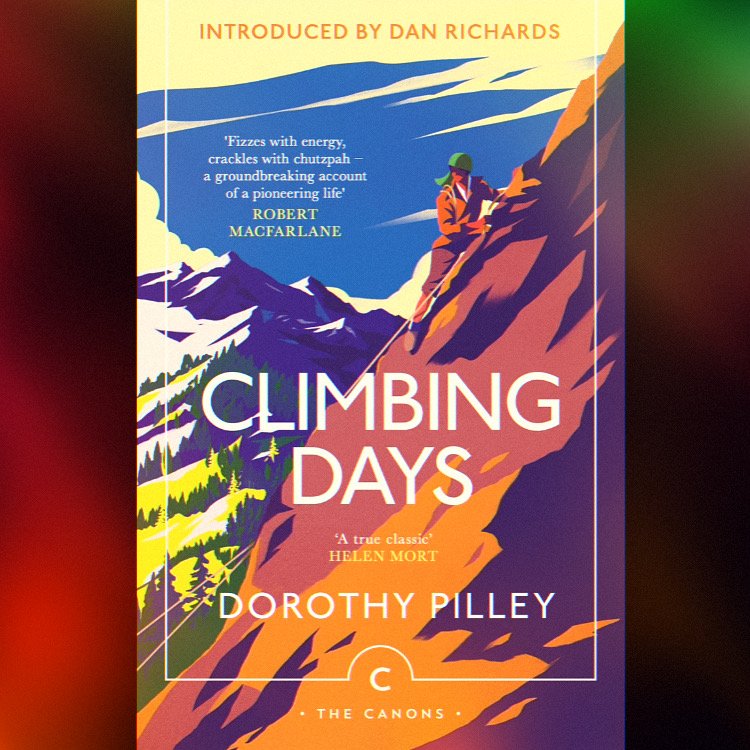Harish Kapadia to Receive 2024 Ulsan Ulju Mountain Culture Award
Harish Kapadia to Receive 2024 Ulsan Ulju Mountain Culture Award
AC member and former editor of the Himalayan Journal Harish Kapadia is set to be honoured at the 2024 Ulsan Ulju Mountain Film Festival. Kapadia will receive the presigious Mountain Culture Award in recognition of his contributions to Himalayan exploration and peace campaigning.

Announcing their decision, the UMCA committee said:
"Harish Kapadia(79) is an “explorer for peace” who has made significant contributions to the accumulation, analysis, and dissemination of the exploratory knowledge in the Himalayas, as well as to peace efforts in mountain conflict zones."
Kapadia joins an impressive list of previous recipients which includes Reinhold Messner, Sir Chris Bonington, Catherine Destivelle and Stephen Venables.
On behalf of the Alpine Club, we would like to congratulate Harish on this well-deserved mark of recognition.



 Nadine Lehrner, Isidora Llarena, and Rebeca Caceres who received a GRIT&ROCK grant for their 2023 expedition in Patagonia
Nadine Lehrner, Isidora Llarena, and Rebeca Caceres who received a GRIT&ROCK grant for their 2023 expedition in Patagonia